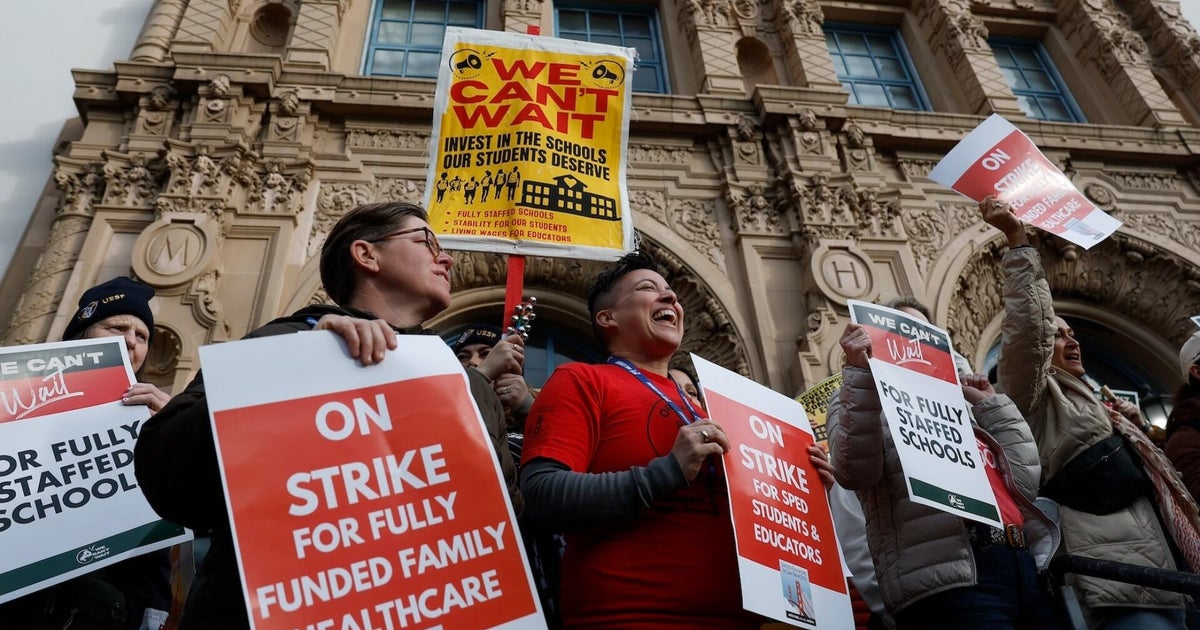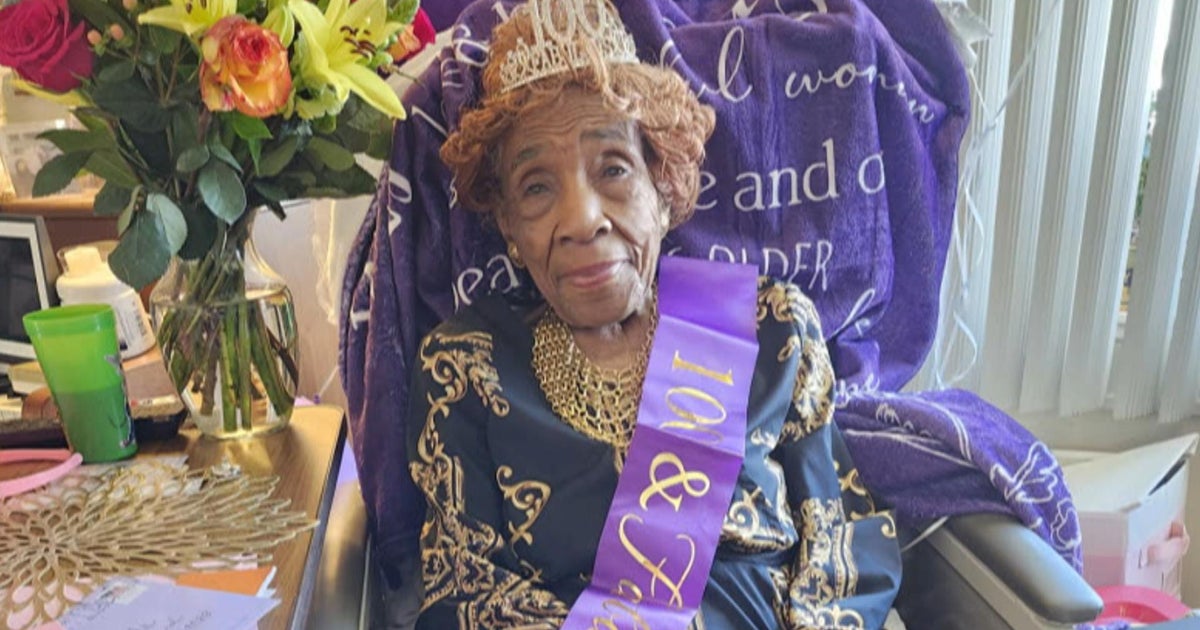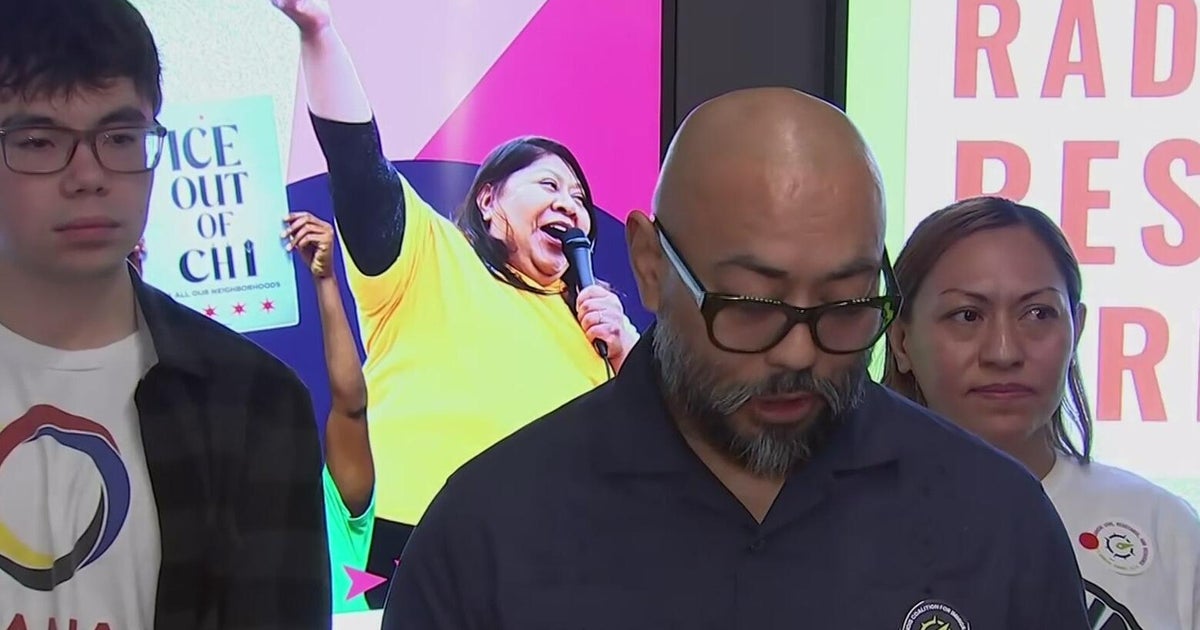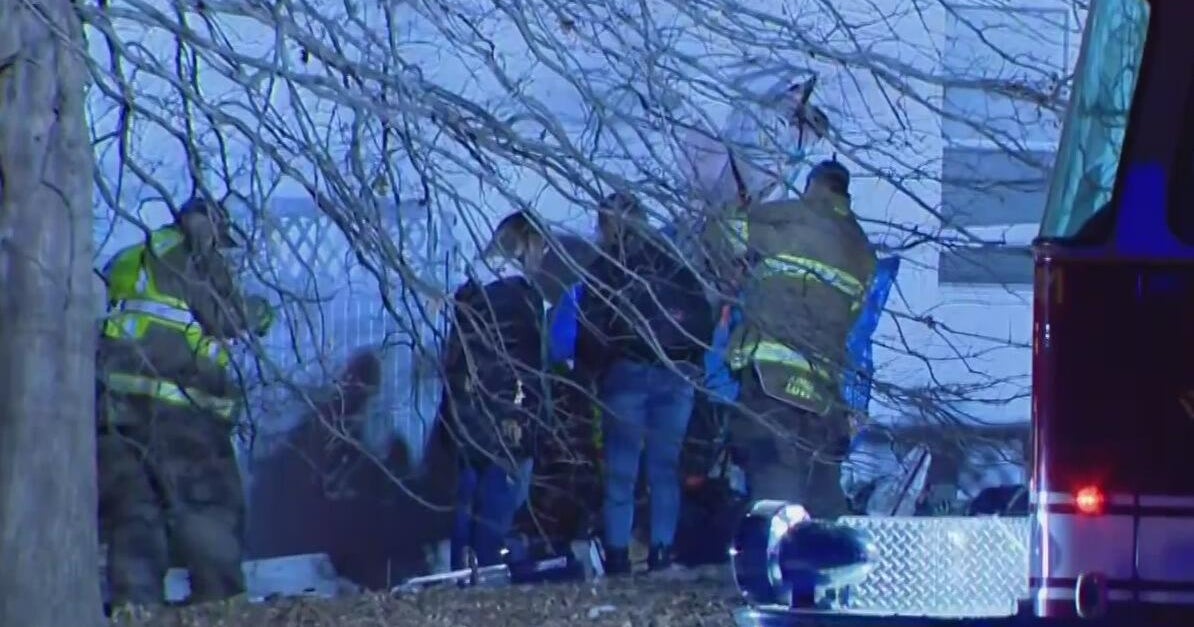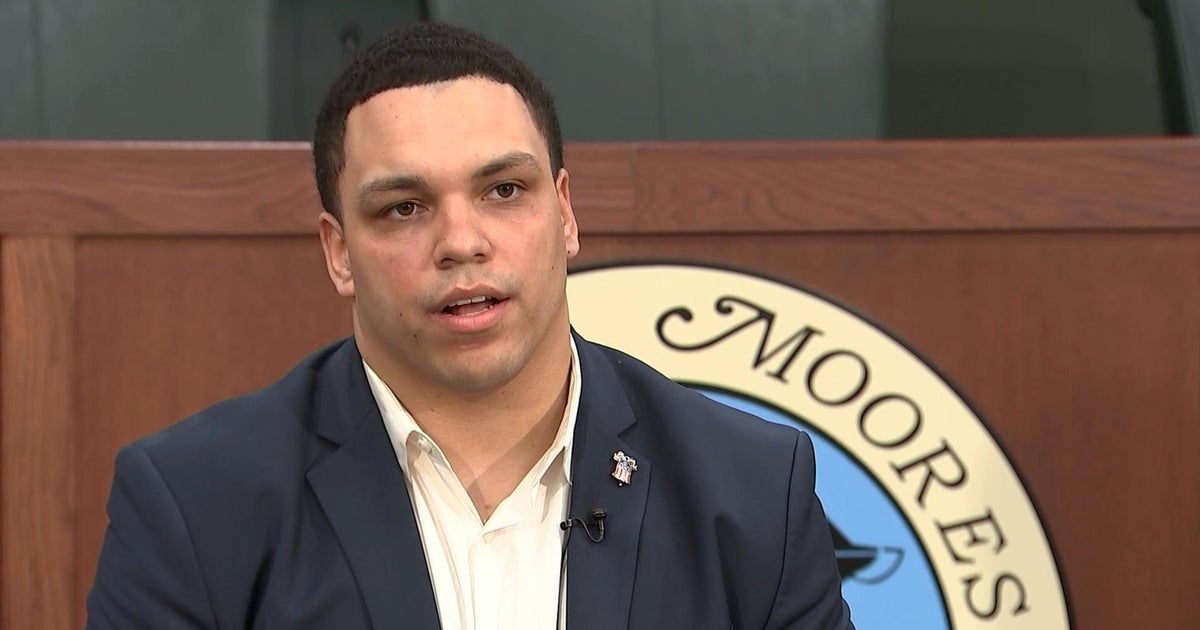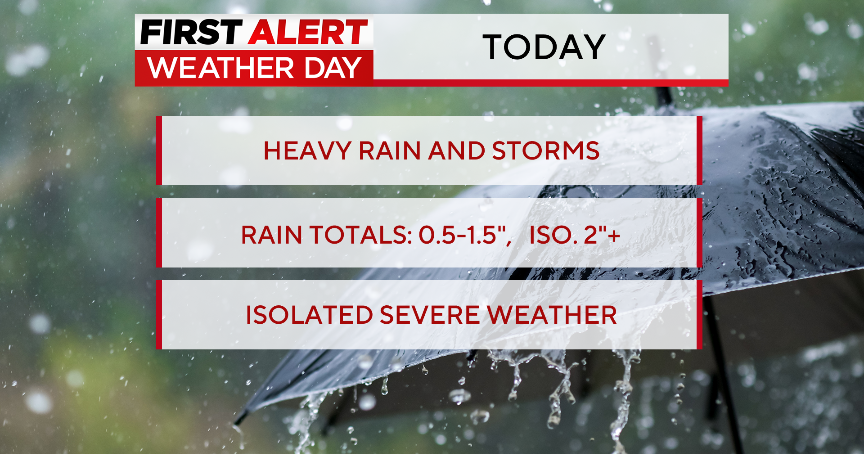Non-Union Teachers Not Affected By Budget Cuts
NORTHBROOK, Ill. (STMW) -- Lisa Nordland teaches no more than 20 first-graders, has an instructional aide's help for part of every day and earns a salary that is competitive in the Chicago's north suburbs.
But Nordland does not belong to a teachers union. In 24 years of teaching there, she never has.
Nordland works in Northbrook School District 28, one of just 16 of Illinois' 868 school districts where educators never organized. Even in Illinois, where union ties are strong and storied, this smattering of districts missed the wave of collective bargaining that today is a staple of most schoolhouses.
Some in the Chicago area have the financial means to provide teachers with solid salaries and small classes. Elsewhere in the state, nine of the districts serve fewer than 150 students, making them so small that educators say a traditional union never seemed necessary. Borrowing from union tradition, most have committees where teachers and administrators tackle everything from compensation to class loads.
"I think this works for us because people feel as though their voices are heard," Nordland said.
While lawmakers in Wisconsin and several other states are pushing to curb collective bargaining rights, challenging everything from what teachers can negotiate to how they can be paid, nonunion districts here in Illinois are rare and getting rarer.
Teachers in at least two such school systems are weighing whether to organize. A formerly nonunion district negotiated its first contract in January. And one superintendent said the idea of unionization comes up nearly every year.
"What they miss out on is part of the larger professional scene, so to speak, speaking up as one and trying to influence policy," said Dan Montgomery, president of the Illinois Federation of Teachers.
In a bit of historical chance, the two largest districts that never organized, Northbrook School District 28 and Lake County's Township High School District 113, sit just miles away from one of the nation's oldest teachers unions. The Chicago Teachers Union was chartered in October 1937 as the first chapter within the American Federation of Teachers, and the national organization itself was founded here.
When collective bargaining emerged in school systems during the 20th century, most Illinois school districts joined, fighting for higher wages, teacher respect, and improvements in workplace issues like class sizes and professional development. The gains shifted the landscape for educators across the state, historians say.
Teachers and administrators in Northbrook and in District 113 say they do not know why unionization never took root there. They cite long-lasting ties between teachers and administrators as well as district culture more than politics. Whatever the cause, it's become a point of identity that quietly defines the school systems.
"Look, I'm very pragmatic. You do what works," said Madeleine Fern, a school board member and former teacher who joined the Northbrook district in 1972. "This works for us."
The North Shore systems pay some of the state's higher teaching salaries and ensure educators have time to plan lessons, teach rigorous courses and even eat lunch in peace. What's more, neither district has been stung by deep budget cuts or sweeping educator layoffs due to the recession.
The story differs in several of the smaller districts.
Bureau County's Dalzell Grade School District 98 employs eight teachers, three of them part-time. Just 59 students attend the century-old school system, state enrollment records show. Teachers there forgo higher salaries, but gain small classes and a tight-knit community.
"We're not paying them what they could get 50 miles down the road," part-time Superintendent Bruce Bauer said. "But if we can give them other little things to make their life more pleasant, we try to do that."
Teachers in Tazewell County's Tremont Unit School District 702 negotiate salary, benefits and sick leaves that are spelled out in a salary agreement. Superintendent Don Beard said the approach works, but neither he nor the school board knows how long it may continue.
"Our current board of education certainly recognizes the potential for teachers to formally organize exists," Beard said. "But I just don't know when that might be."
Through the years, both Northbrook and District 113 created their own committees and informal agreements. They built a salary schedule to chart how much teachers earn based largely on their classroom experience and education as with any other district. Teachers receive tenure after their fourth consecutive year, in keeping with state law.
© Sun-Times Media Wire Chicago Sun-Times 2011. All Rights Reserved. This material may not be published, broadcast, rewritten, or redistributed
